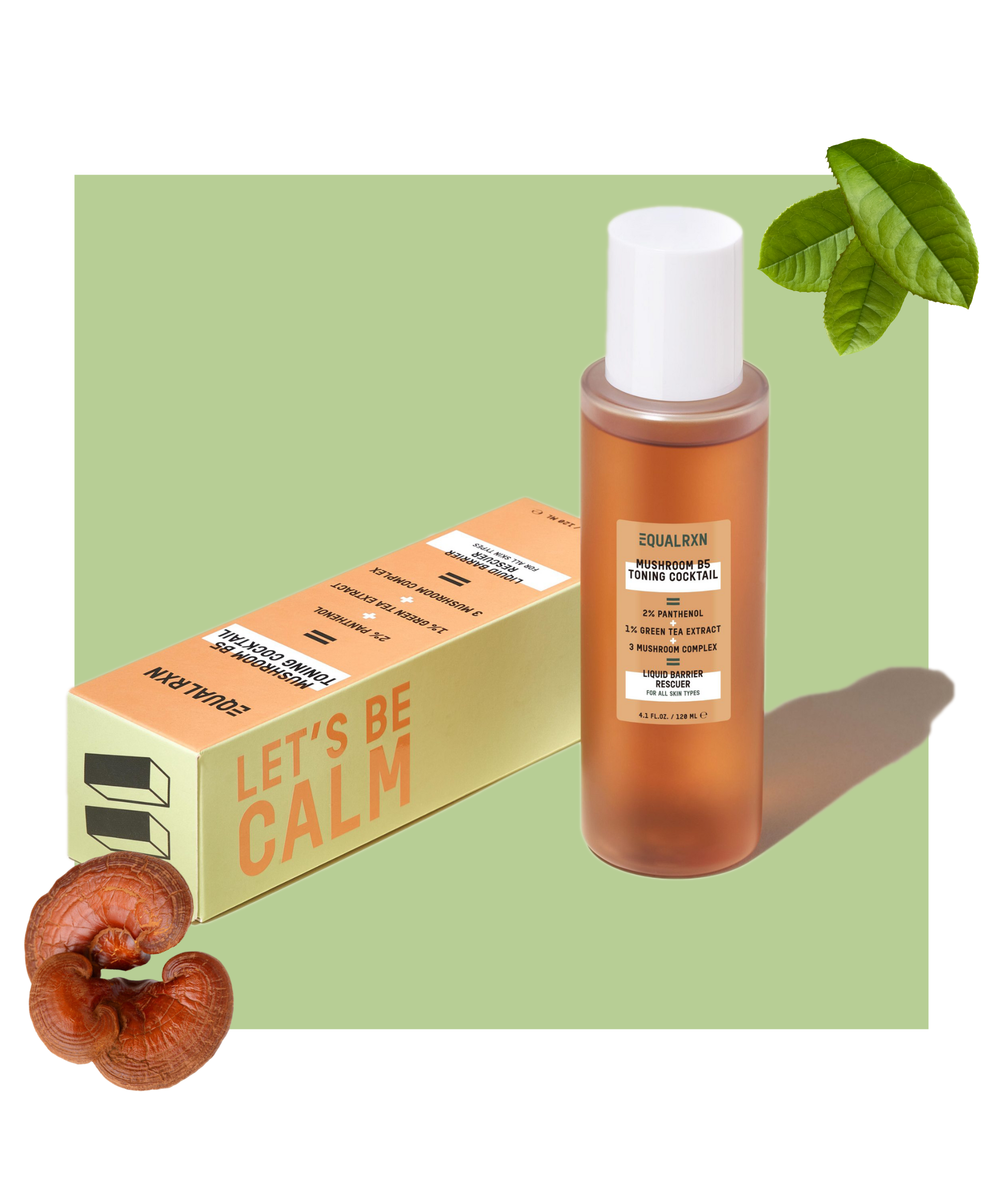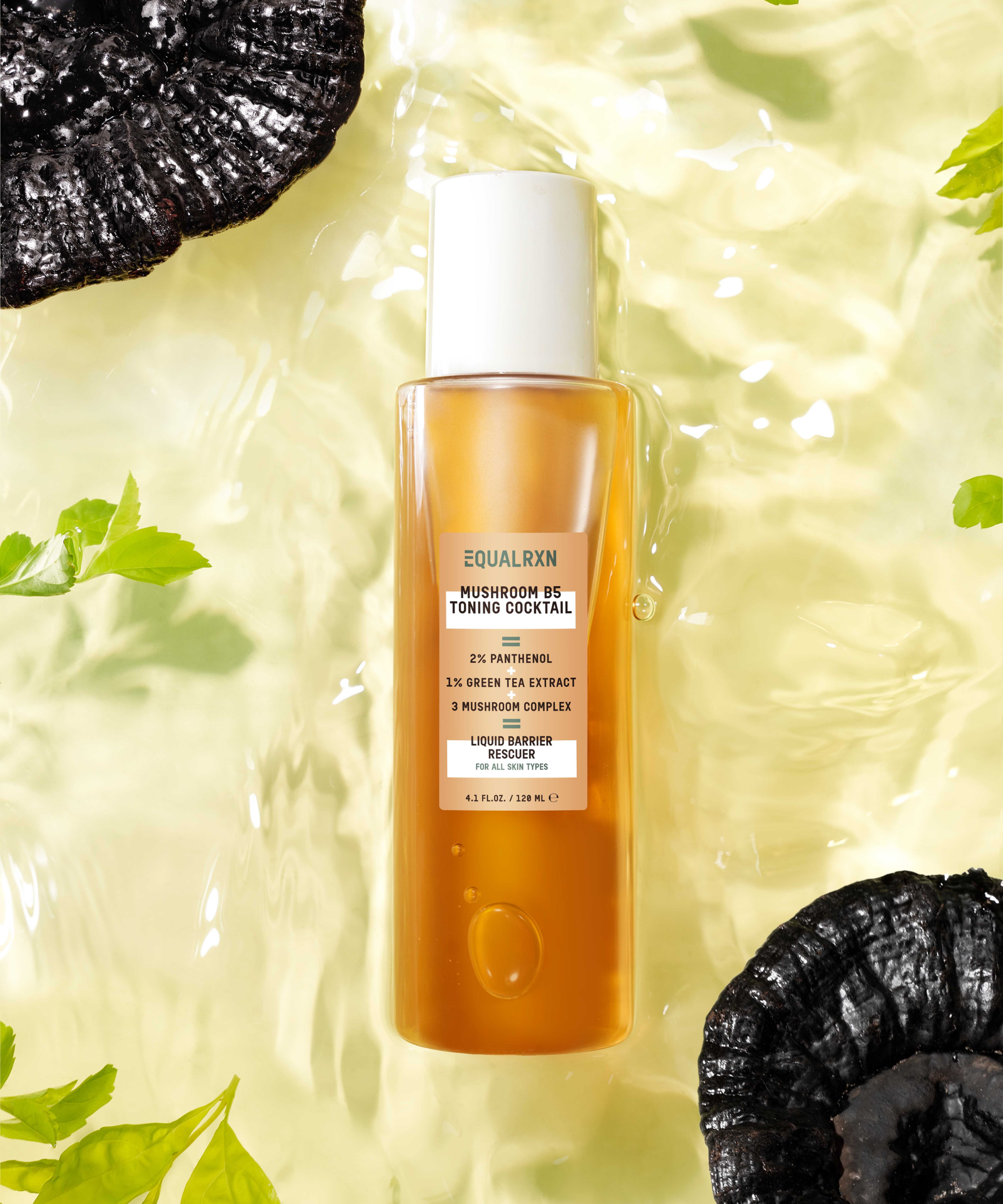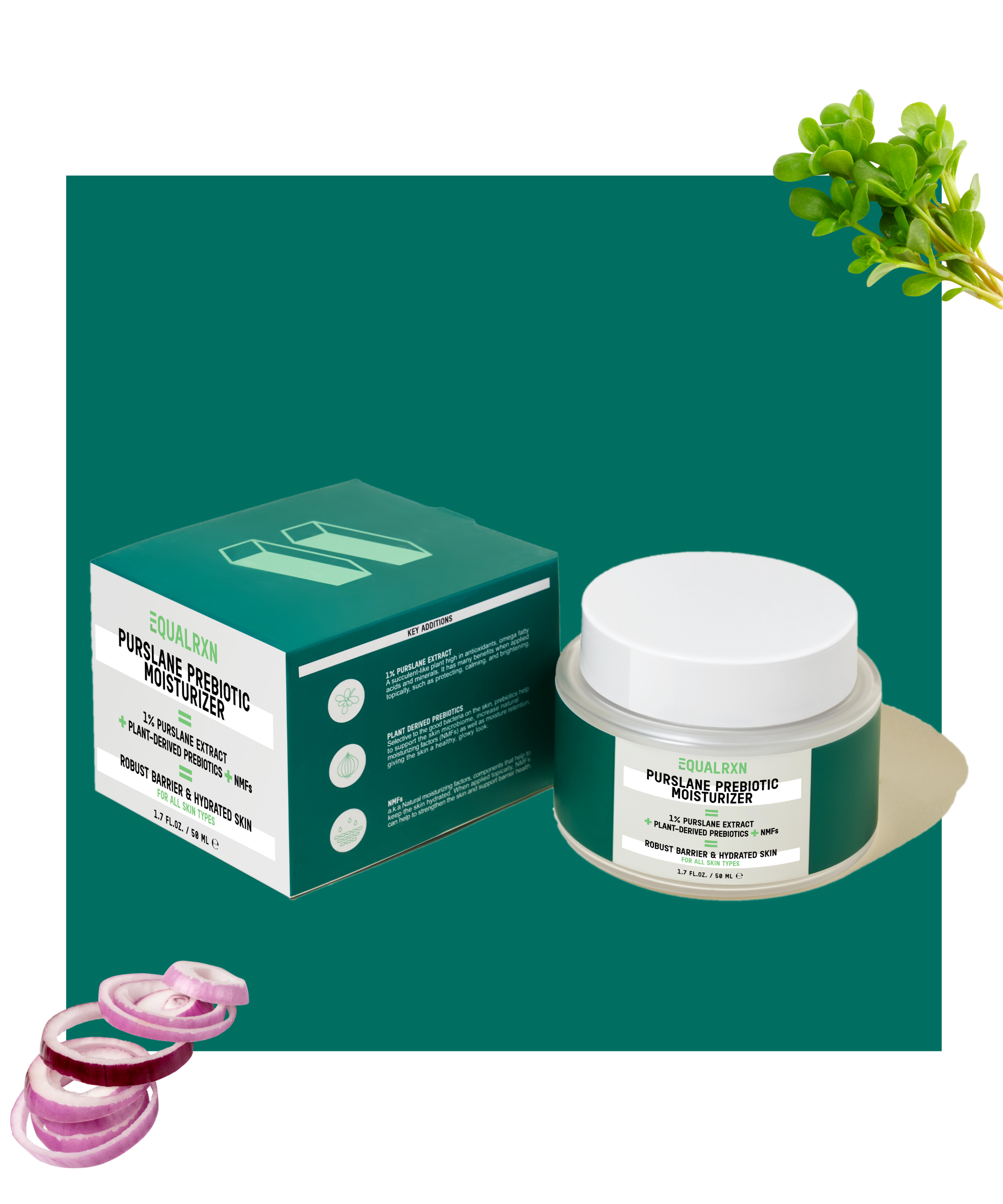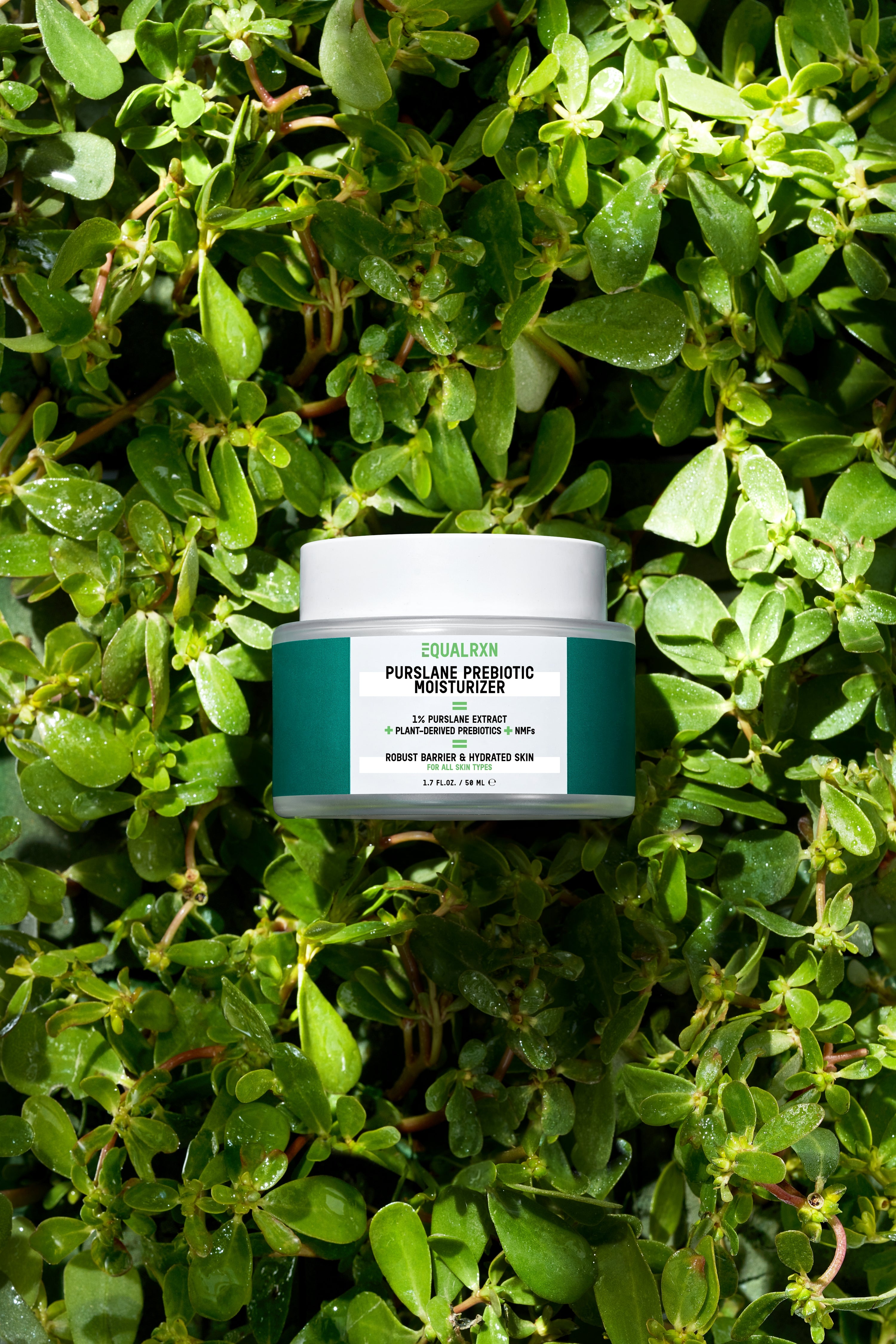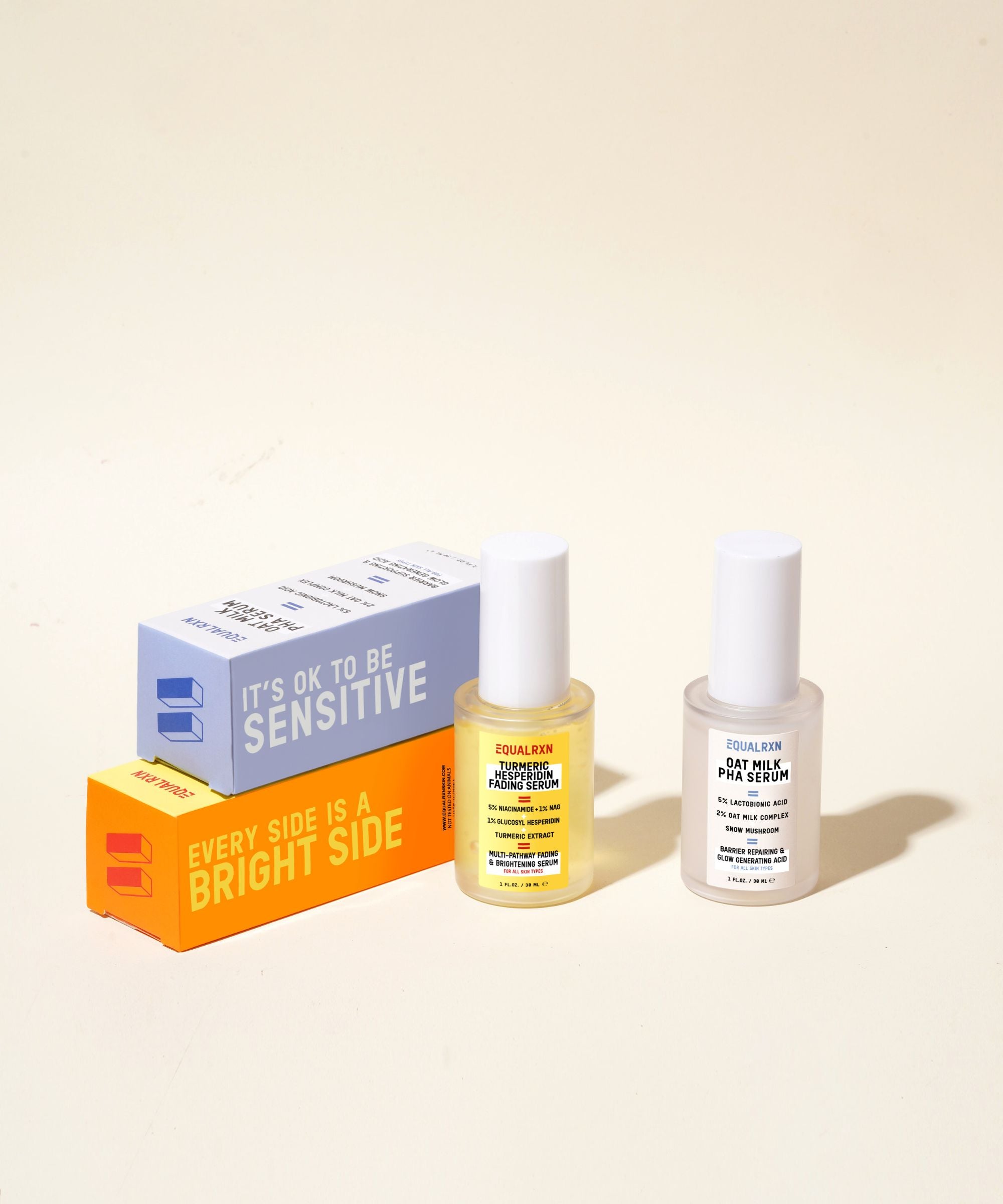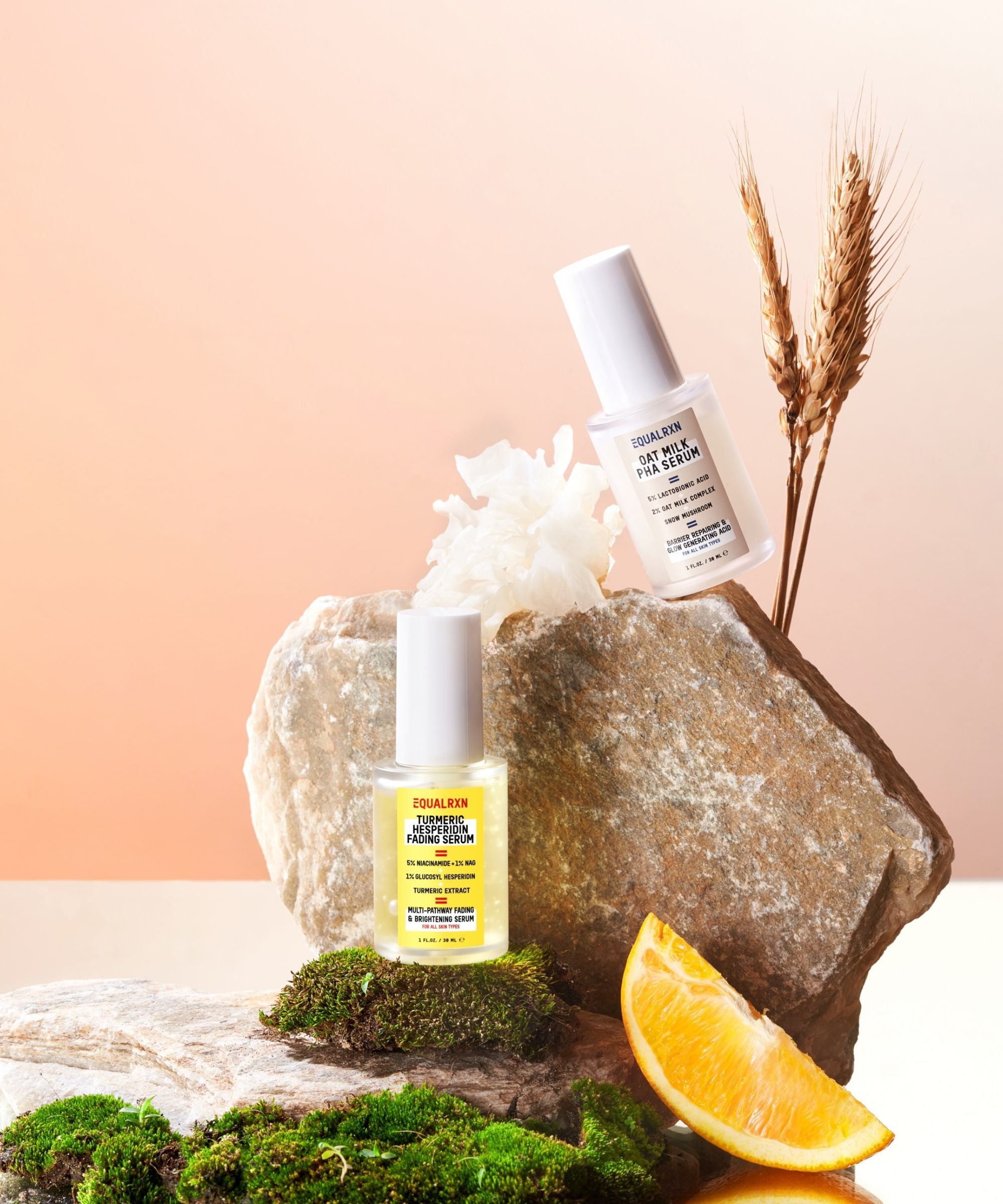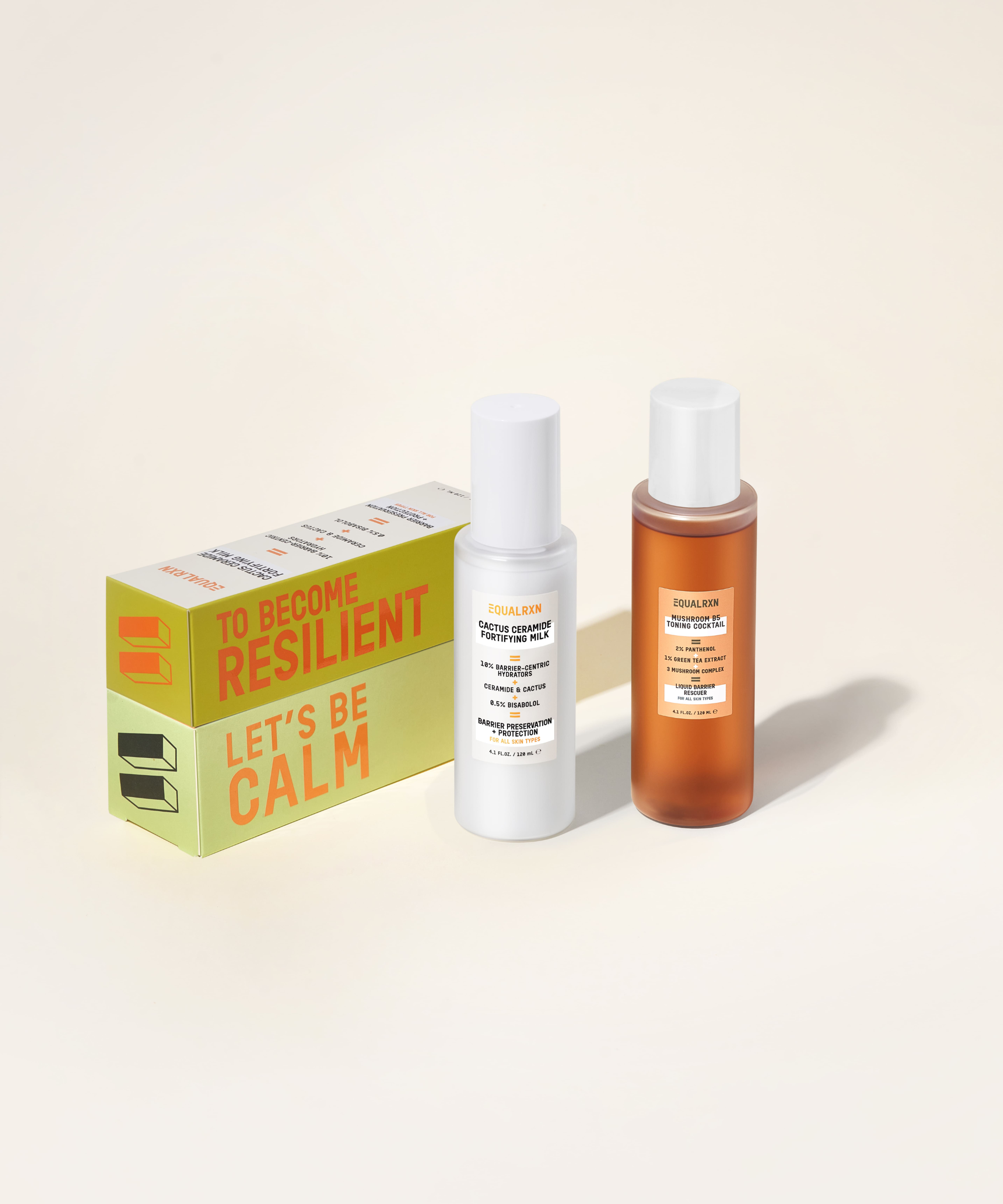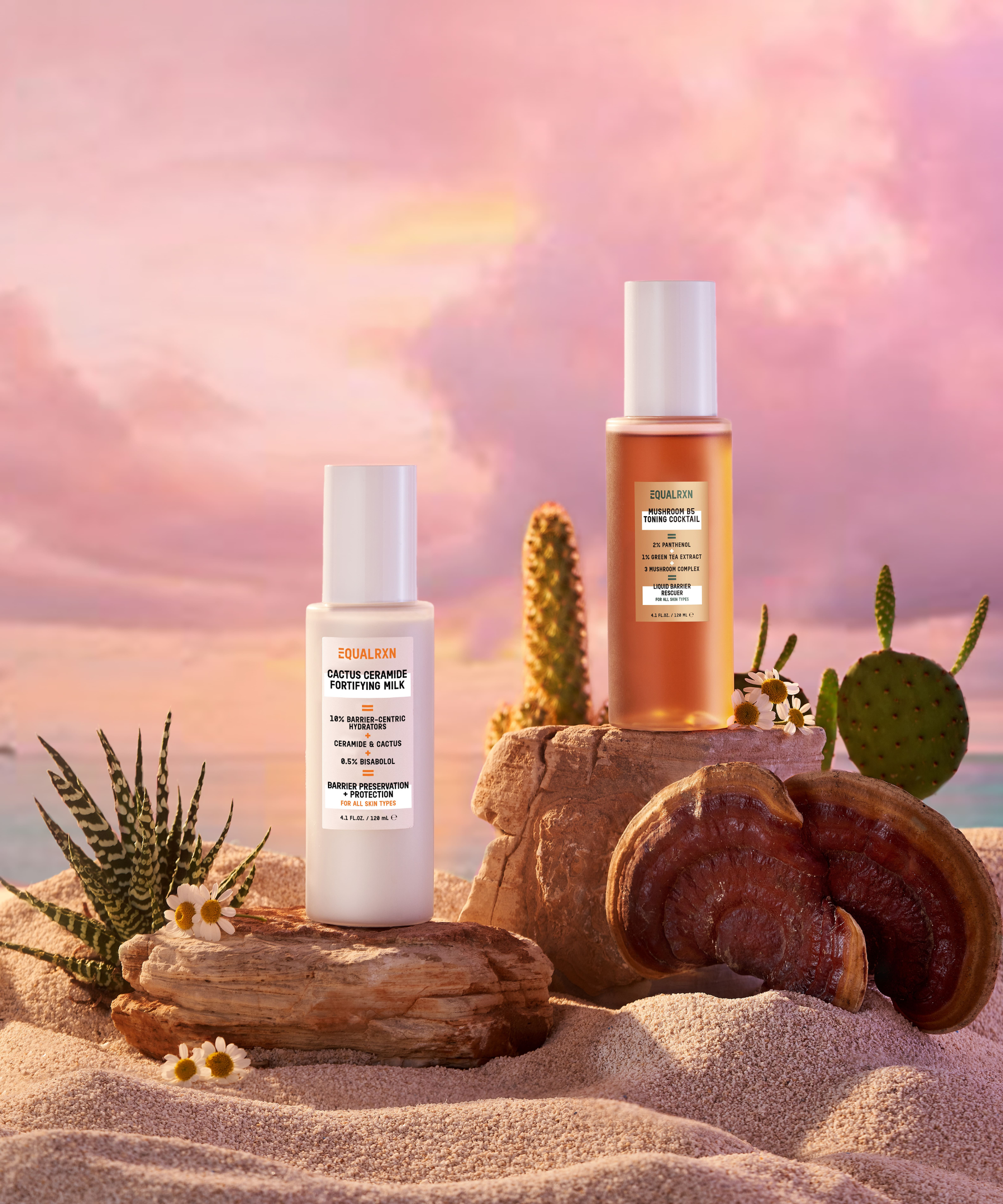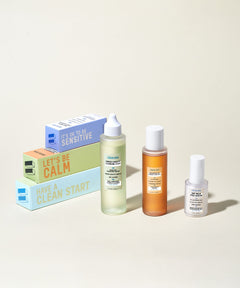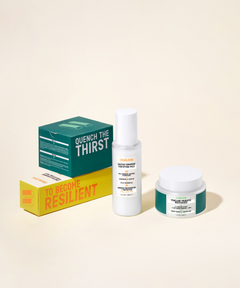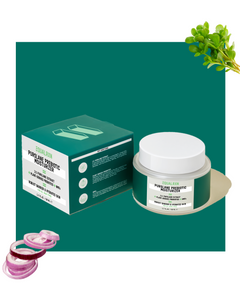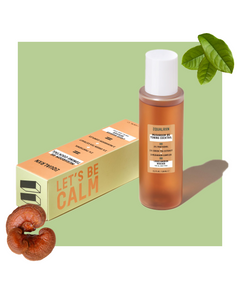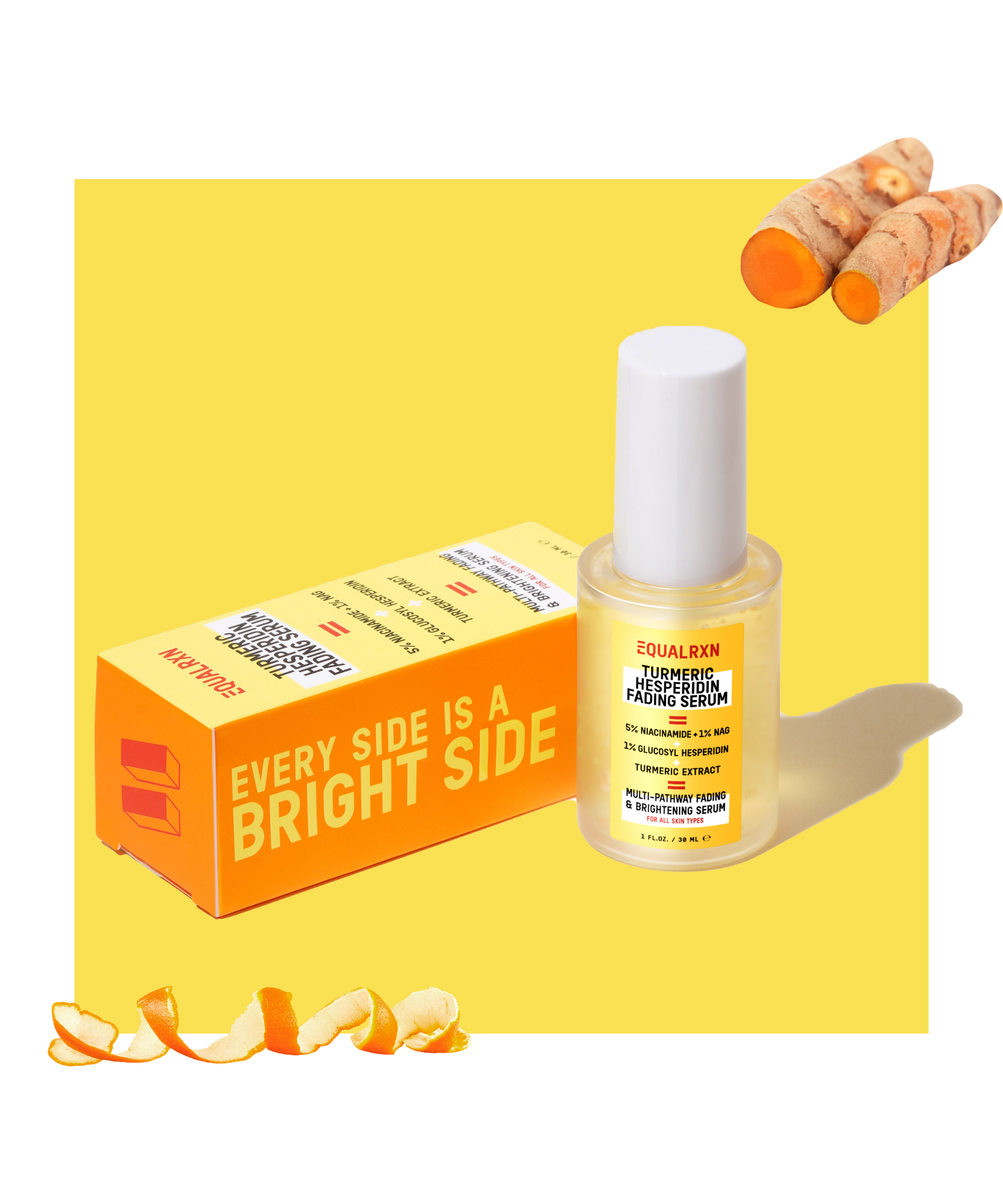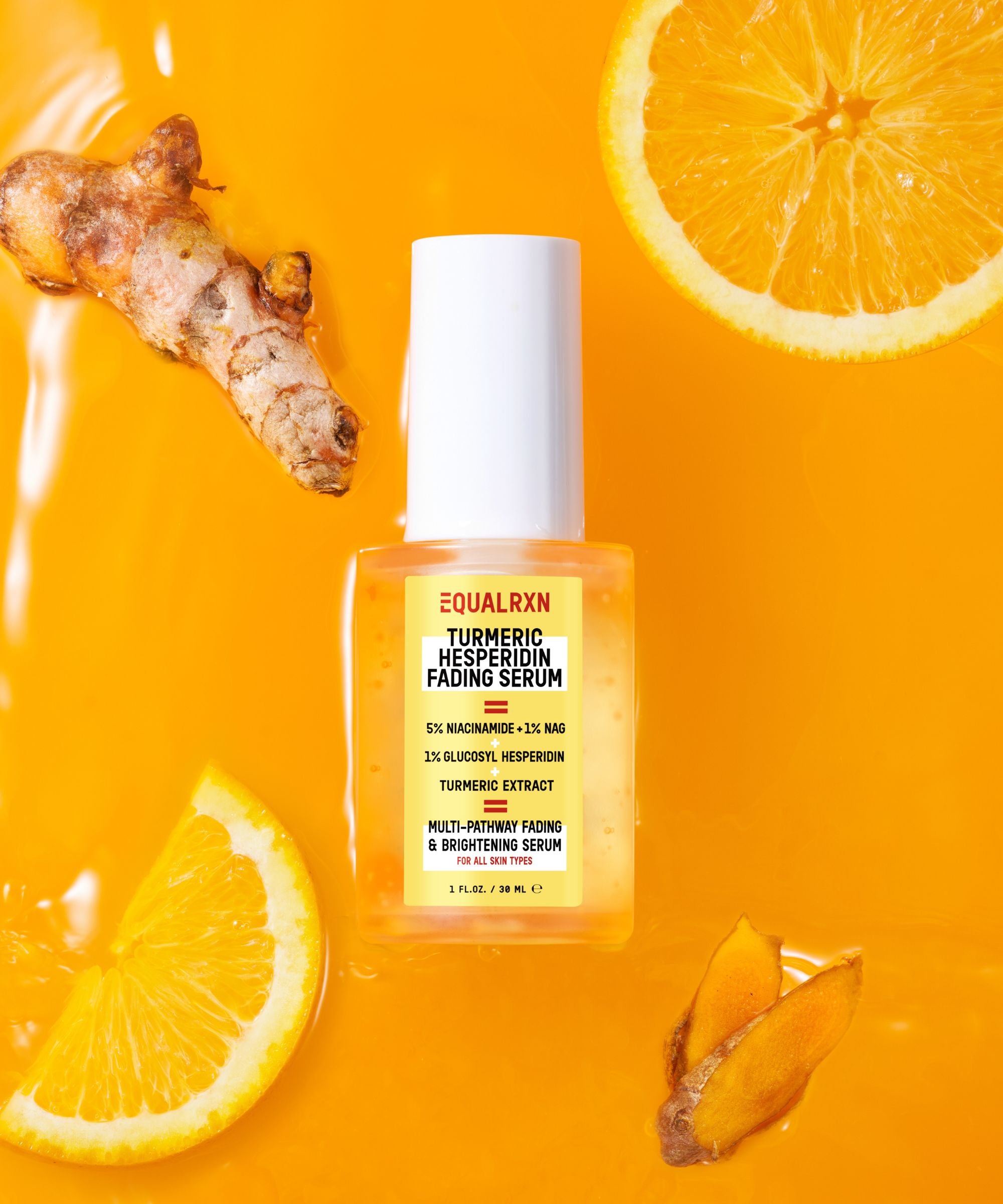What is Arginine?
Arginine, derived from sources like plant and animal proteins, is an amino acid commonly found in skincare products. As a naturally occurring component, it plays a vital role in maintaining skin health by supporting hydration, collagen production, and overall skin function.
How does this ingredient work in skincare?
Arginine promotes skin hydration by supporting the production of natural moisturizing factors (NMFs) like urea and lactic acid. These compounds help the skin retain moisture, leading to improved hydration and a smoother complexion. Secondly, arginine serves as a precursor to nitric oxide (NO), which aids in collagen synthesis and vasodilation. Increased collagen production strengthens the skin's structure, reducing the appearance of wrinkles and improving elasticity. Additionally, arginine's role in wound healing is crucial, as it stimulates cell proliferation and migration, contributing to faster recovery from skin damage. Lastly, its antioxidant properties help neutralize free radicals, protecting skin cells from oxidative stress and maintaining overall skin health and resilience.
How does this ingredient compare to others?
Unlike hyaluronic acid, which focuses on intense hydration, arginine supports skin hydration by promoting the production of natural moisturizing factors (NMFs) like urea and lactic acid. Additionally, while peptides and retinoids also promote collagen synthesis, arginine's focus on collagen production and wound healing sets it apart, improving skin texture and resilience without potential irritation. Comparatively, vitamin C brightens and protects against UV damage, but arginine's role in promoting collagen and supporting the skin barrier makes it uniquely beneficial for overall skin health.
In comparison to ceramides, which also support the skin barrier, arginine offers a more direct approach to hydration and collagen synthesis.
Potential benefits of this ingredient for the skin
- Hydration: By promoting the production of natural moisturizing factors (NMFs) like urea and lactic acid, arginine helps to maintain skin hydration levels, keeping the skin plump and moisturized.
- Collagen Synthesis: Arginine serves as a precursor to nitric oxide (NO), which plays a role in collagen synthesis. Increased collagen production helps to improve skin elasticity, reducing the appearance of fine lines and wrinkles.
- Wound Healing: Arginine stimulates cell proliferation and migration, promoting faster wound healing and skin repair. This can be particularly beneficial for those with acne scars or other skin damage.
- Skin Barrier Support: By supporting the skin barrier, arginine helps to strengthen the outermost layer of the skin, protecting against environmental stressors and reducing moisture loss.
- Antioxidant Properties: Arginine exhibits antioxidant properties, helping to neutralize free radicals and protect skin cells from oxidative damage. This contributes to overall skin health and a more youthful appearance.
- Improved Texture: With its ability to promote hydration, collagen synthesis, and skin repair, arginine can lead to improved skin texture, leaving the skin smoother and more even.
- Gentle: Arginine is generally well-tolerated by most skin types, making it suitable for those with sensitive or easily irritated skin.
Products we use this ingredient in
Turmeric Hesperidin Fading Serum, Mushroom B5 Toning Cocktail
References
- Nenoff, P et al. “Topisch appliziertes Argininhydrochlorid. Einfluss auf den Harnstoffgehalt des Stratum corneum und die Hautfeuchtigkeit bei atopischem Ekzem und Altershaut” [Topically applied arginine hydrochloride. Effect on urea content of stratum corneum and skin hydration in atopic eczema and skin aging]. Der Hautarzt; Zeitschrift fur Dermatologie, Venerologie, und verwandte Gebiete vol. 55,1 (2004): 58-64. doi:10.1007/s00105-003-0647-6
- Kwon, Koo Chul et al. “Effects of arginine glutamate (RE:pair) on wound healing and skin elasticity improvement after CO2 laser irradiation.” Journal of cosmetic dermatology vol. 21,10 (2022): 5037-5048. doi:10.1111/jocd.14957
- Kumtornrut, Chanat et al. “A cleanser formulated with Tris (hydroxymethyl) aminomethane and l-arginine significantly improves facial acne in male Thai subjects.” Journal of cosmetic dermatology vol. 19,4 (2020): 901-909. doi:10.1111/jocd.13087

